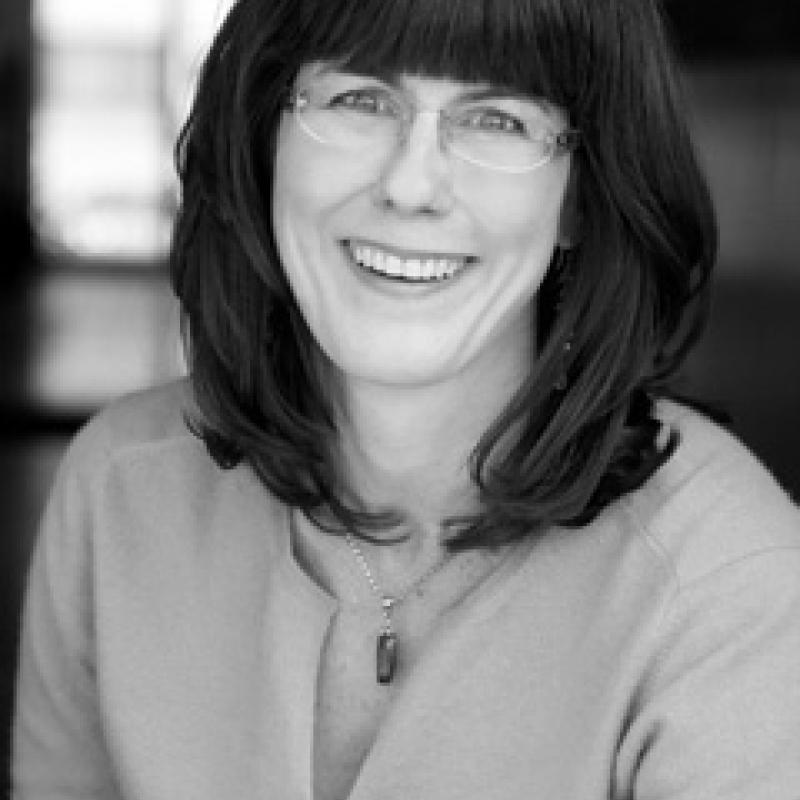The Revival of Learning depended upon—and stimulated—the assembly of great libraries, the restoration of ancient texts, and the codification of knowledge. Thus librarians and library founders made of librarianship a polymathic science.
Nov
9
2011
When: 5:00 PM - 6:30 PM
Where: Harman Academy for Polymathic Study, DML 241
Event Type:
Where: Harman Academy for Polymathic Study, DML 241
Event Type:
Event Details
Speaker Information
Speaker
